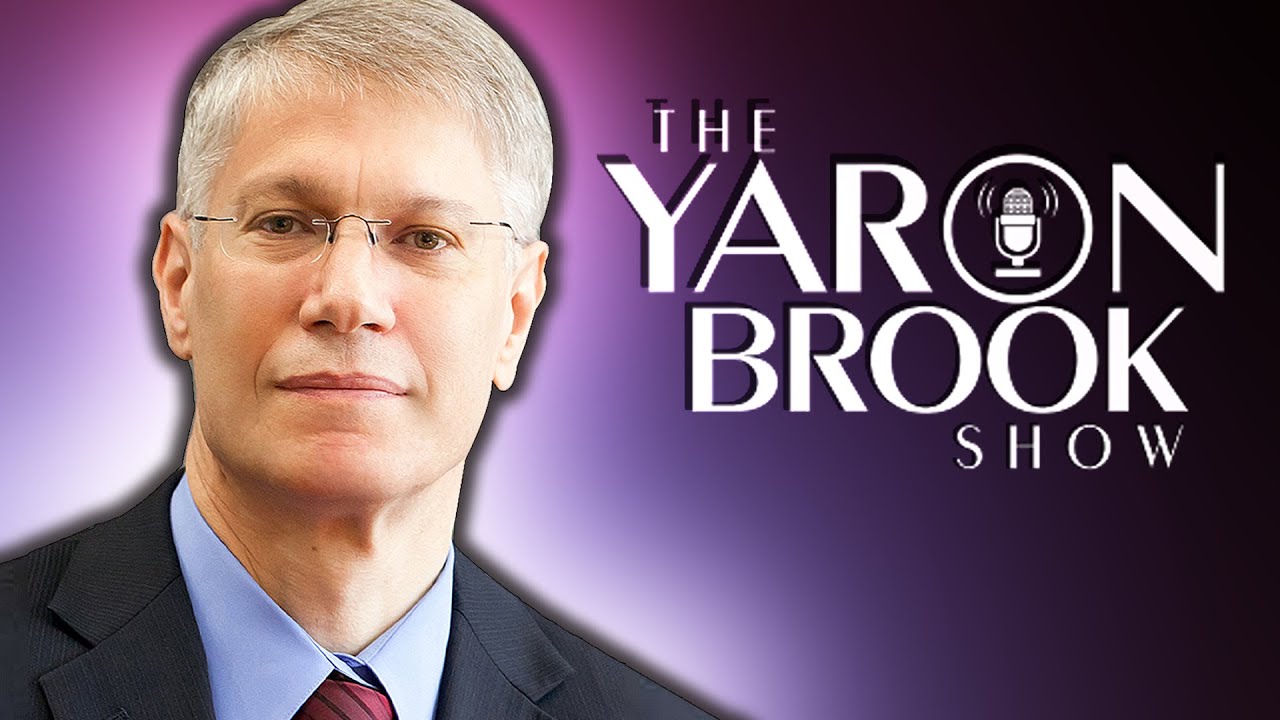You were completely right! This just came out:
I bet that some parts of this interview are good, but I skipped to the Karl Popper section (starting @ 31:38), and it’s bad. Binswanger is indeed someone who doesn’t like Popper. He called Popper “the enemy.”
I don’t consider myself to be someone who understands Popper very well, but I know enough to see that Binswanger doesn’t get it. Some mistakes I noticed:
-
Binswanger believes Popper is wrong/naive because of a simple reason. Binswanger says, in speaking of the theory being used to falsify another theory, “if it’s not verifiable, you couldn’t falsify anything.” He thinks Popper believed we can refute theories in an absolute/infallible way, which would require infallible knowledge of the theory being used to do the refutation. But actually, Popper was only saying we can refute a theory assuming the theory being used to refute it is true.
-
Binswanger criticizes Popper’s philosophy for implying you can’t “prove” [he means infallibly prove I assume] that balls fall down when you drop them. He talks as if he thinks this is equivalent to believing that you can’t know that balls fall down when you drop them, and that Popper is therefore a skeptic.
-
Binswanger has a bad take on Popper’s solution to the demarcation problem: he seems to think that Popper believes all theories which can’t be empirically falsified are meaningless, a belief which—as Binswanger pointed out—would be self-refuting. Binswanger is wrong because the line of demarcation was only meant to distinguish between scientific and non-scientific theories. (By the way, I’ve noticed that when people who don’t know anything about Popper talk about Popper, this demarcation criterion thing seems to be the one thing that they “know”).
Fun fact: At one point he mentions an objectivist defender of Popper named “Elliot… uhm… something”.
